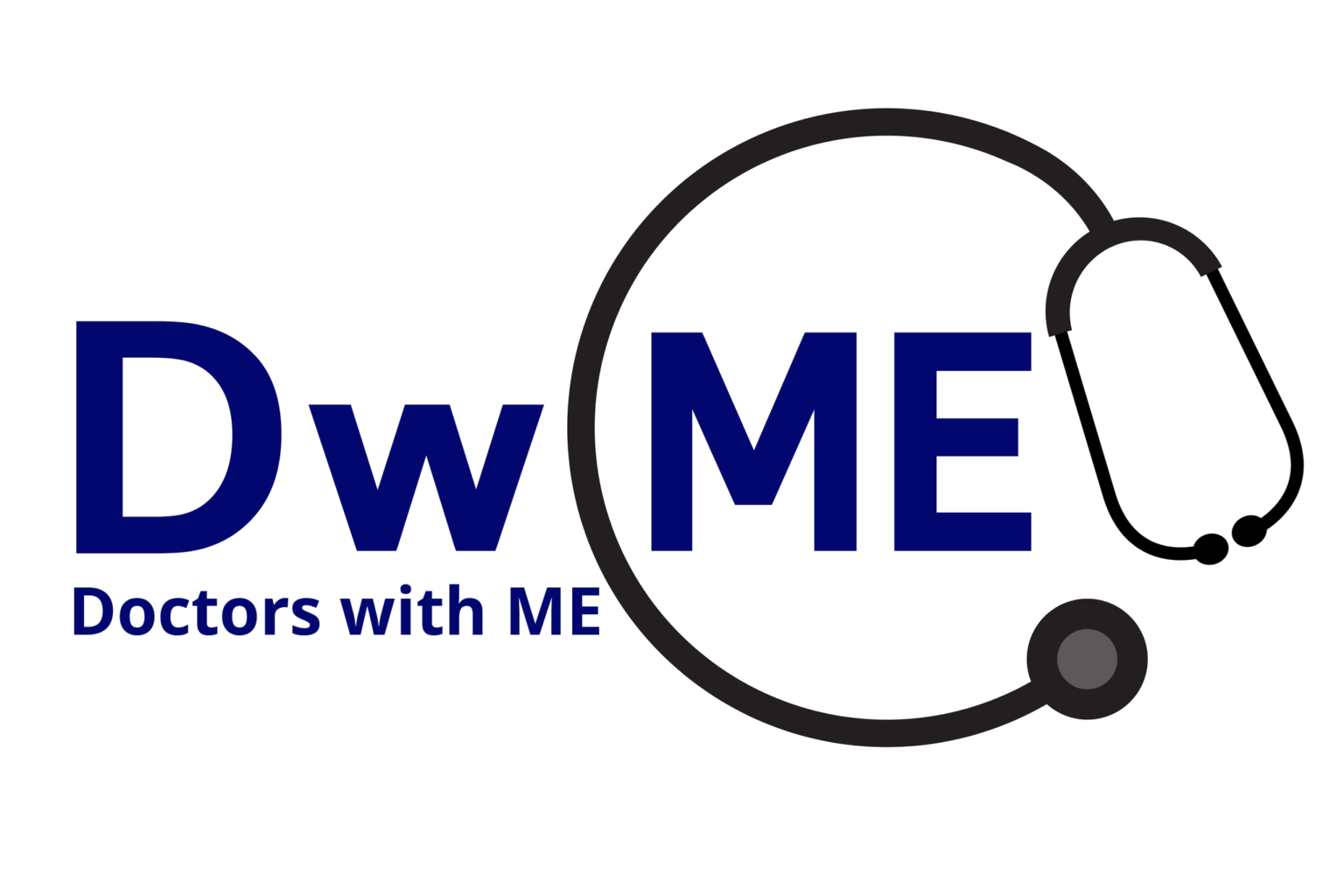Doctors with M.E. proposes a simple solution to ensure success of the UK’s ME/CFS Delivery Plan.
Following the then Secretary of State for Health and Social Care Sajid Javid’s announcement of a cross-nation delivery plan for ME/CFS, work has been underway at the Department of Health and Social Care to identify issues and find solutions. Doctors with M.E. fully supports and is contributing to this work looking at attitudes, medical education and service areas (including health, welfare, social care and education) in ME/CFS.
Alongside this work, we highlight an important consideration which does not yet have sufficient prominence in ME/CFS advocacy and policy-making. This is the fact that ordinary standards which are routinely disregarded when it comes to ME/CFS are not in fact optional.
Discriminatory practice and standards in research, clinical knowledge and safety which would not be tolerated in any other disease areas have become normalised in the field of ME/CFS. However such practice is unlawful, harms patients, and generates risk. Bringing this fact into the conscious awareness of providers, practitioners, frontline managers, organisational governance, insurers, educators, funders and all concerned will incentivise and speed up the adoption of change.
Change will not come quickly just because we teach. There is still resistance and influential people who undermine progress. Proactive action is needed to encourage and enable change. We propose a simple solution which explicitly removes the perception of optionality in meeting basic standards in the care and service of ME/CFS patients. It takes the form of official guidance called “Rights and Obligations in ME/CFS”.
Rights and Obligations in ME/CFS
This guidance makes rights and obligations explicit so that all parties know what is expected. It can be arranged into sections for each service area, such as health care, social care, medical education, research, social welfare, employment and education.
Looking at ME-relevant contexts and common problem areas, each problem is broken down into its 4-point Compliance components – Rights, Obligations, Risks and Liabilities. It makes use of existing standards and obligations, with no new legislation needed. The problems are then mapped to relevant legislation and policies. Examples include the Equality Act, Human Rights Act, Public Sector Equality Duty, and CQC, GMC, departmental or local policies.
Providers, practitioners and frontline managers will understand that good practice is NOT optional in ME/CFS, and that not meeting minimum standards have consequences. Patients can see their rights and know what to expect, while providers can see their obligations and plan accordingly, so complying with science, law and policy. This solution is simple and will be effective at scale and at speed.
The following examples illustrate the possible content of this guidance:
Diagnostic process
Case example: A patient complains of life-changing, severe fatigue along with multiple perplexing symptoms. Her doctor does not believe in ME so diagnoses her with anxiety / Functional Neurological Disorder / other without investigation.
Right: Proper medical assessment, appropriate investigation and accurate diagnosis.
Obligations: To investigate properly and diagnose correctly. Not to discriminate against ME/CFS. To provide compliant education and training to staff and students.
Risks: Harm from wrong diagnoses or treatments, harm from lack of treatment or care, death.
Liabilities: Medical negligence claim, discrimination laws breached, inquest.
Laws/policies: Equality Act, Public Sector Equality Duty, GMC “Good Medical Practice”, local and departmental equality policies.
School attendance
Case example: A child with ME is too sick to attend school, and gets worse whenever he tries. His parents are threatened with a punitive fine of £2500 and three months in prison, for their child’s poor attendance.
Right: Every child has the right to an education appropriate to his/her needs and ability.
Obligations: To provide said education, reasonable accommodations. Online learning, home tutor, hybrid arrangement (attend part time), aids and resources as necessary.
Risks: Poor educational attainment, poor long-term prospects. Worsening of health if forced to attend.
Liabilities: Discrimination claims, professional negligence, court or tribunal hearings, legal fees, bad publicity, etc.
Laws/policies: Education Act, Children and Families Act, Equality Act, Public Sector Equality Duty, SEND Code of Practice, Headteachers’ Standards 2020.
Nutritional failure
Case example: A young woman who has suffered from severe ME since the age of nine has been unable to eat properly for the last two years, due to extreme physical weakness and intolerance to any foods tried, which cause severe abdominal pain and nausea. She is bedbound and needs all care, extremely sensitive to any sensory stimulation and in constant pain. Her family is concerned by the amount of weight she has lost. Her skeletal appearance triggers an admission to hospital where despite known ME and a BMI of only 14, she is diagnosed with “eating disorder” and prescribed an increasing amount of time sitting up in a chair for rehabilitation.
Rights:
• Correct diagnosis – nutritional failure secondary to ME / Mast Cell Activation Syndrome (MCAS) / dysautonomia affecting the GI tract.
• Proper medical and nursing care (rest, low stimulation environment, nutritional support), not harmful treatment or assault (forced rehabilitation, forced food intake)
Obligations: To provide correct assessment, correct diagnosis, correct medical and nursing care, nutritional support. To not cause harm.
Risks: Harm from inappropriate rehabilitation, further weight loss or death from nutritional failure, medical negligence.
Liabilities: Medical negligence claims, inquest, bad publicity.
Laws/policies: Issues of consent (inappropriate rehabilitation being forced upon patient), GMC “Good Medical Practice”, equality/discrimination (bad treatment just because the patient has ME).
Creating the guidance
The above are brief examples. If this proposal is taken up, full examinations of each context should be provided within the guidance. The work should run alongside all the other work being undertaken in the DHSC’s ME/CFS delivery planning, as a parallel project. In addition to the current approach of identifying actions and solutions, each problem is given its 4-point examination on relevant rights, obligations, risks and liabilities. All stakeholders (and their legal departments) should be involved in creating this document, and Doctors with M.E. would be happy to jointly lead the project with the DHSC.

